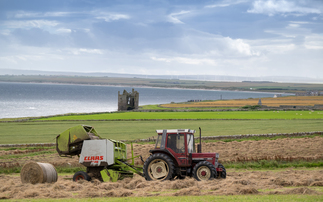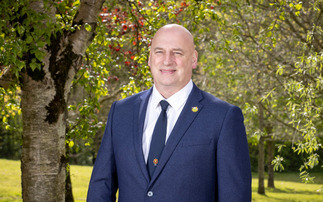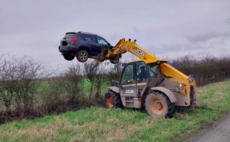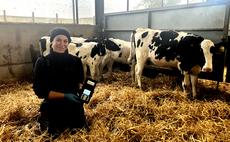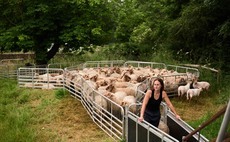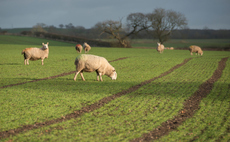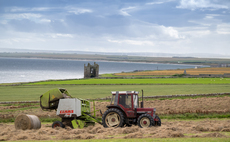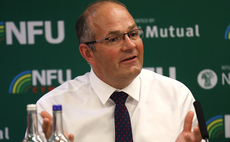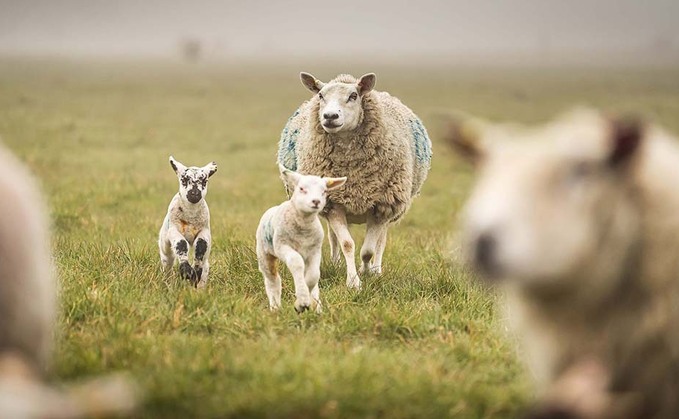
Organic Farmers & Growers (OF&G) has published a white paper highlighting how a shift to greater organic land use in England to 10 per cent would significantly deliver on Government's environmental objectives
OF&G said a 'three fold increase' in organic land use area would reduce total agriculture-related greenhouse gas emissions equal to the carbon sequestered by third of million acres of broadleaved woodland.
Land use framework
With organic farming, synthetic fertilisers and pesticides are prohibited, although some specified materials can be used, therefore fertiliser use would be reduced by a figure equivalent to 179,000 tonnes of ammonium nitrate and over a million kilos of pesticide active ingredients would not be applied each year.
OF&G's chief executive, Roger Kerr puts these figures into perspective: "It is the same as removing 8,840 full lorry loads of fertiliser every year. If you parked the lorries bumper to bumper, they'd stretch from central London to Rugby."
Read also: The impact of dwindling hefts on Dartmoor - are we on the verge of losing hefting traditions?
Organic farming
By removing artificial inputs, the OF&G white paper also emphasised biodiversity improvements. In organic systems, arable plant species were found to be up to 95 per cent higher, field margin plant species up to 21 per cent higher, farmland bird species increased by 35 per cent, pollinators are up by 23 per cent and earthworm species increased by 78 per cent.
Read also: Food security must be 'central' to Government's land use framework
"Organic farming at its heart seeks to work with and enhance natural processes and ecosystems. Our report evidences organic farming's contribution to delivering necessary climate and biodiversity restoration goals while still producing nutritious food," Mr Kerr added.
Low carbon
OF&G believed the white paper demonstrates how supporting organic, as part of an integrated land use framework, is a crucial step towards a viable, productive, low carbon economy.
Mr Kerr said: "Continuing to feed people in the face of climate and biodiversity collapse is a complex problem and complex problems require versatile and multifaceted solutions like organic.
"Underwritten by clearly defined and auditable legal standards, organic is proven to provide significant improvements in public goods delivery and natural capital gains.
Food production
"We recognise there is no single ‘right' way to produce food. To answer the critical challenges we face effectively, we must combine different approaches to ensure we reflect the land's topology, and climate, alongside the management experience of farmers."
Read also: Land demand set to soar is need for feed, food and fuel grows
OF&G have called for greater Government support for the sector, arguing it provided one simple, obvious and easily quantifiable route to take in addressing the multiple environmental challenges we currently face.
The ‘Growing organic - a multifunctional component of English land use policy' white paper
"Organic farming is a standard and practice that already operates within planetary boundaries. It's not a dream. There's clear scientific evidence gathered over many years of its positive impacts and so it represents a clear direction of travel towards a low carbon, and nature and people positive food production system," Mr Kerr said.









